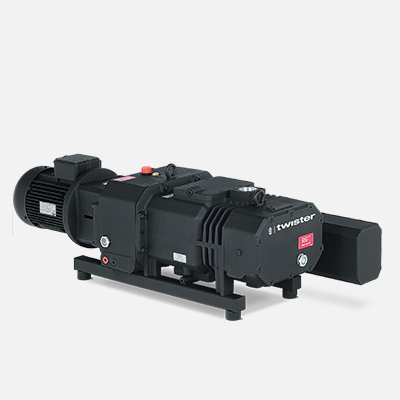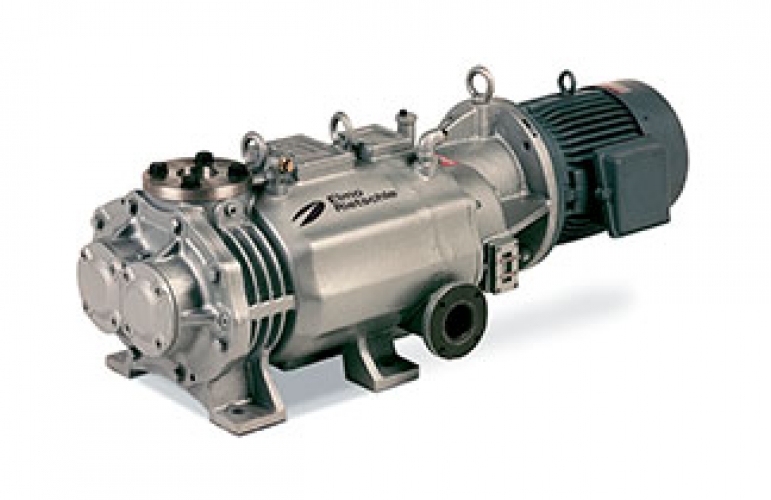Choose a different country or region to see the content specific to your location
Select Your Country/Region
Current Region:
 USA (EN)
USA (EN)
This site uses some unobtrusive cookies to store information on your computer. By using the website, you hereby agree on cookies storage.
OK
Cookie Policy

